Login Status
-
Free text
UPCOMING EVENTS:
 From August 18 to October 11, 2026; submissions due February 19.
From August 18 to October 11, 2026; submissions due February 19.FILE – Electronic Language International Festival is now accepting project submissions and invites artists, researchers, creators, and developers to participate in its next edition. An international reference in the fields of art, technology, and innovation, FILE will take place in … Continue reading →
 Wrocław University of Environmental and Life Sciences, 4th of Match 2026
Wrocław University of Environmental and Life Sciences, 4th of Match 2026The international conference “Cross-border cooperation in the era of challenges and transformation – space, energy, climate, culture” will be held on 4 March 2026 at the Wrocław University of Environmental and Life Sciences, in Wrocław, Poland. The conference will explore key issues facing border regions, from … Continue reading →
Topic: digital preservation

The open source semantic annotation tool Pundit is RICHES Associate Net7’s main product for the Digital Humanities. The main idea behind semantic annotation is to enable users not only to comment, bookmark or tag web pages, but also to semantically create structured data while annotating. The ability to express semantically typed relations among resources, relying on ontologies and specific vocabularies, not only enables users to express unambiguous and precise semantics, but also, more interestingly, fosters the reuse of such knowledge within other web applications. Continue reading

On 2 October 2014, the European Commission published two reports, coinciding with the international conference held in Rome, at the National Central Library, on occasion of the Italian Presidency of the EU. The conference aimed at urging cultural institutions in Europe to put more cultural heritage online, with the government support. The Commission will continue to monitor progress in this area through periodic reports and by chairing expert groups on digitisation and digital preservation and monitoring the correct transposition of the Orphan Works Directive. Continue reading
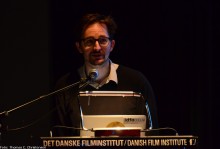
A presentation of PREFORMA has been delivered by Erwin Verbruggen at the workshop “Digital AV Archiving Workflows; Digitisation, Ingest, Preservation, Conversion, and Delivery” organised on 22 and 23 September 2014 in Copenhagen by the PRESTO4U project. Continue reading

The International Image Interoperability Framework community is hosting a one day information sharing event at the British Library on Monday 20th October 2014 about the use of images in and across Cultural Heritage institutions. The day will focus on how museums, … Continue reading
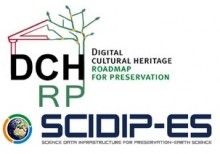
The Cooperation Agreement that has been signed between SCIDIP-ES and DCH-RP mainly concernes the collaboration and exchange of tools and services for digital preservation of – in this case – cultural assets. Continue reading
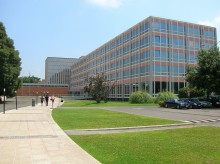
PREFORMA project has been presented during a workshop organised by DCH-RP (Digital Cultural Heritage – Roadmap for Preservation) on 22 September 2014 at the National Central Library of Rome, under the umbrella of the Italian EU Presidency. Continue reading
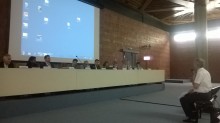
The main objective of the workshop, organised at the National Central Library of Rome under the umbrella of the Italian EU Presidency, has been to provide an overview of the main outcomes achieved by the DCH-RP project, focusing on the Roadmap for Preservation of Digital Cultural Heritage and on the potential role of e-infrastructure in the preservation of DCH. Continue reading
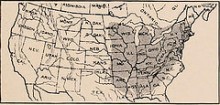
The digitization activity of libraries focuses on text, rather than on images, and makes the book pages available as PDF or text searchable works, while the illustrations are difficult to be search and found. This project recovers those parts of the page which include images: the images are cropped, cleaned up, and uploaded to Flickr along with the text that appears next to them, detailed description and searchable tags. Continue reading
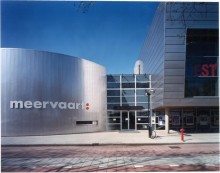
A joint Preservation Workshop at the RDA Plenary where attendees can provide their views and requirements to four major initiatives, APARSEN, SCIDIP-ES, EUDAT and DPHEP, which are evolving beyond the end of their respective EU-funded projects, and will continue to help organisations to manage and preserve research data. Continue reading
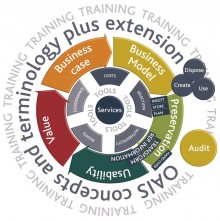
The 2014 APA conference launches the APA Centre of Excellence (CoE). The conference is organised around examples from members showing how they have tackled and overcome their preservation problems. The examples are further grouped around the integrated view of digital preservation which APARSEN has brought together. Continue reading
































